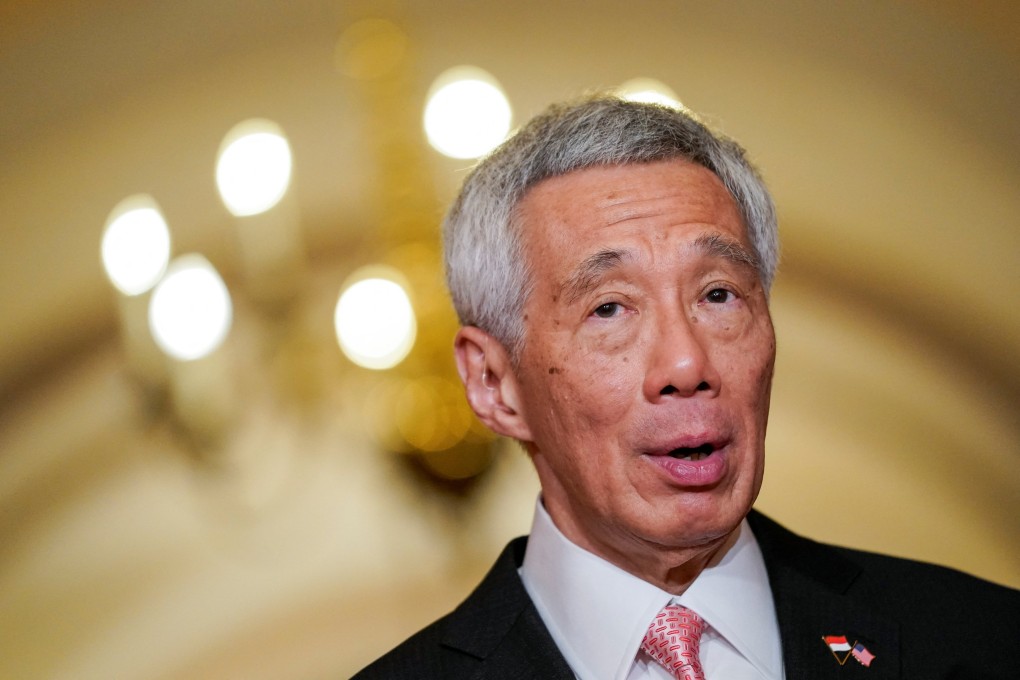Advertisement
China’s Ukraine war stance raises ‘awkward questions’ on territorial integrity, Singapore PM Lee Hsien Loong says
- The prime minister said Russia’s invasion violated principles on territorial integrity and sovereignty that were ‘dear’ to Beijing
- Lee also spoke about Hong Kong businesses planning to move to Singapore, North Korea’s nuclear weapons and efforts to bring civilian rule back to Myanmar
Reading Time:4 minutes
Why you can trust SCMP
99+

Russia’s war in Ukraine presents China with “awkward questions”, as Moscow’s actions contravene the very principles that Beijing relies on to back up its position on Taiwan, Singapore’s Prime Minister Lee Hsien Loong said on Wednesday.
Speaking at a dialogue session organised by the New York-based Council on Foreign Relations, Lee said the conflict could potentially have far-reaching implications across Asia.
For China, the war “presents them with awkward questions because … it violates the principles which the Chinese hold very dear – territorial integrity, sovereignty and non-interference”, he said during the hour-long event.
Advertisement
“And if you can do that to Ukraine, and if the Donbas [region] can be considered to be enclaves, and maybe republics,” Lee said, before the moderator, former senior US diplomat Richard Haass, asked “what about Taiwan?”.
Lee continued: “Or other parts of non-Han China? So that’s a very difficult question.”
Nonetheless, Lee emphasised that he did not believe the fact that “China refuses to distance itself from Russia” would come at a cost to the Asian superpower within the region.
Advertisement
Select Voice
Select Speed
1.00x
